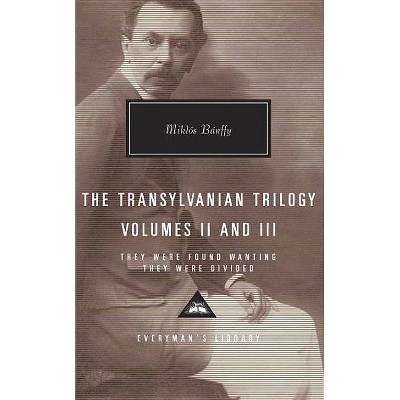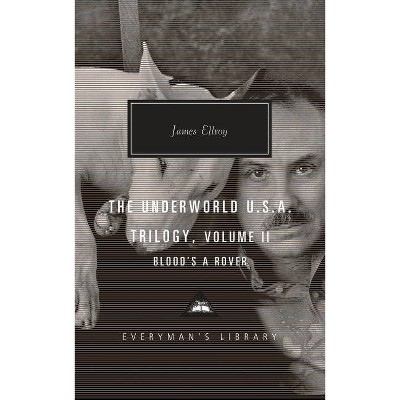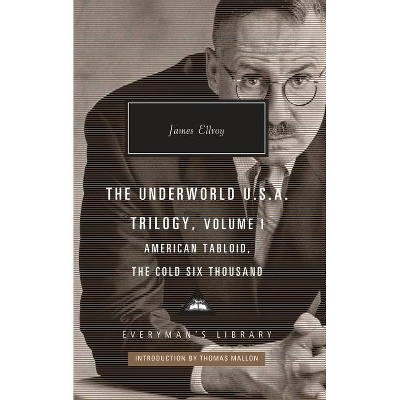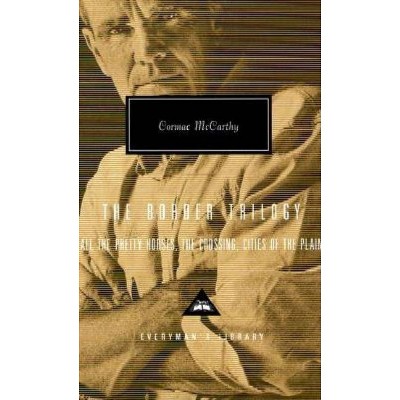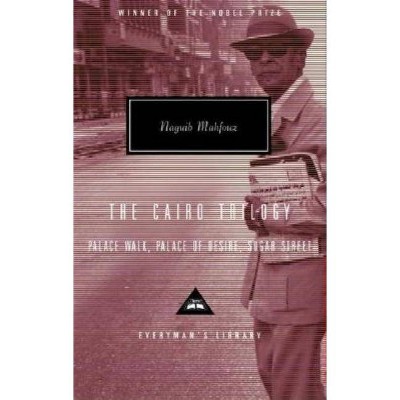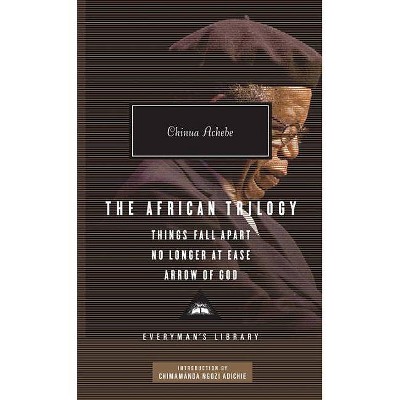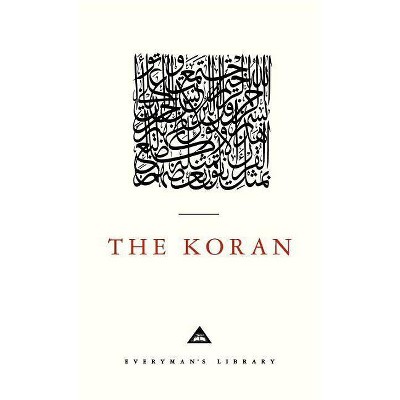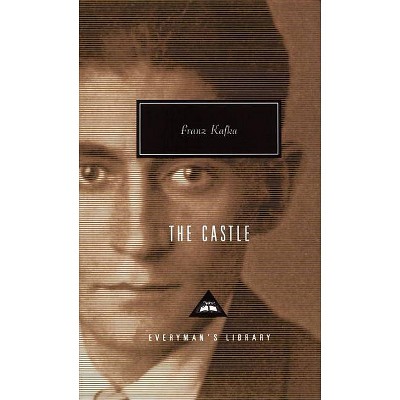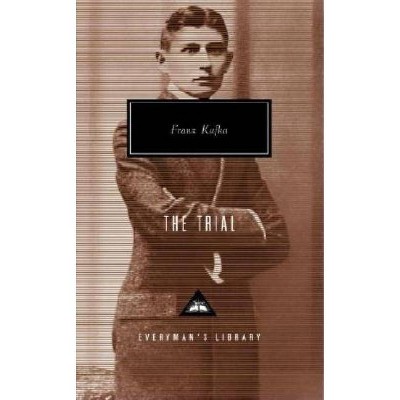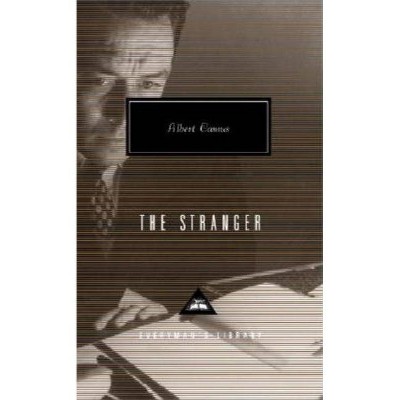The Transylvanian Trilogy, Volume I - (Everyman's Library Contemporary Classics) by Miklos Banffy (Hardcover)
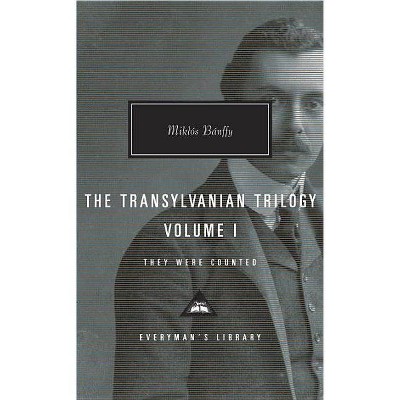
Similar Products
Products of same category from the store
AllProduct info
<p/><br></br><p><b> About the Book </b></p></br></br>Painting an unrivalled portrait of the vanished world of pre-1914 Hungary, this story is told through the eyes of two young Transylvanian cousins, Count Balint Abdy and Count Lszl[ Gyeroffy. Shooting parties in great country houses, turbulent scenes in parliament, and the luxury of life in Budapest provide the backdrop for this gripping, prescient novel, forming a chilling indictment of upper-class frivolity and political folly, in which good manners cloak indifference and brutality. Abdy becomes aware of the plight of a group of Romanian mountain peasants and champions their cause, while Gyeroffy dissipates his resources at the gaming tables, mirroring the decline of the Austro-Hungarian Empire itself. The first book in a trilogy published before World War II, it was rediscovered after the fall of Communism in Hungary and this edition contains a new foreword.<p/><br></br><p><b> Book Synopsis </b></p></br></br><b>**<i>Washington Post</i> Best Books of 2013**<br></b><br>The celebrated TRANSYLVANIAN TRILOGY by Count Miklós Bánffy is a stunning historical epic set in the lost world of the Hungarian aristocracy just before World War I. Written in the 1930s and first discovered by the English-speaking world after the fall of communism in Hungary, Bánffy's novels were translated in the late 1990s to critical acclaim and now appear for the first time in hardcover. <p/><i>They Were Counted, </i>the first novel in the trilogy, introduces us to a decadent, frivolous, and corrupt society unwittingly bent on its own destruction during the last years of the Austro-Hungarian Empire. Bánffy's lush depiction of an opulent lost paradise focuses on two upper-class cousins who couldn't be more different: Count Balint Abády, a liberal politician who compassionately defends his homeland's downtrodden Romanian peasants, and his dissipated cousin László, whose life is a whirl of parties, balls, hunting, and gambling. <i>They Were Counted</i> launches a story that brims with intrigues, love affairs, duels, murder, comedy, and tragedy, set against the rugged and ravishing scenery of Transylvania. Along with the other two novels in the trilogy--<i>They Were Found Wanting </i>and <i>They Were Divided</i>--it combines a Proustian nostalgia for the past, insight into a collapsing empire reminiscent of the work of Joseph Roth, and the drama and epic sweep of Tolstoy.<p/><br></br><p><b> Review Quotes </b></p></br></br><br>"<i>The Transylvanian Trilogy</i> is worth every penny. Set during the last years of the Austro-Hungarian Empire, when Europe as a whole is slipping toward a cataclysmic war, it's a saga of shortsighted politics and illicit love, of progressivism at loggerheads with entrenched interests, of servants outfoxing their masters--all kept in breathtaking balance by the power of the author's artistry. --<i>Washington Post</i> (Notable Fiction of 2013) <p/>A genuine case of a rediscovered classic. The force of Bánffy's enthusiasm produces an effect rather like that of the best Trollope novels, but coming from a past world that now seems excitingly exotic. -<i>Times Literary Supplement </i>(London) <p/>Bánffy's masterpiece resembles Proust's, [yet] he writes with all the psychological acumen of Dostoevsky. -<i>The London Magazine <p/></i>As good as any fiction I have ever read. . . . Like <i>Anna Karenina</i> and <i>War and Peace</i> rolled into one. Love, sec, town, country, money, power, beauty, and the pathos a society which cannot prevent its own destruction. -Charles Moore, <i>The Daily Telegraph <p/></i>So enjoyable, so irresistible, it is the author's keen political intelligence and refusal to indulge in self-deception which give it unusual distinction. It's a novel that, read at the gallop for sheer enjoyment, is likely to carry you along. But many will want to return to it for a second, slower reading to savour its subtleties and relish the author's intelligence. -<i>The Scotsman <p/></i>Fascinating. He writes about his quirky border lairds and squires and the high misty forest ridges and valleys of Transylvania with something of the ache that Czeslaw Milosz brings to the contemplation of this lost Eden. -<i>The Guardian<br></i><br><p/><br></br><p><b> About the Author </b></p></br></br><b>Count Miklós Bánffy</b> (1873-1950) was a Hungarian nobleman with extensive estates in Hungarian Transylvania (now Romania). He was the first patron of composer Béla Bartók and briefly Hungarian foreign minister after World War I. His castle and great library were deliberately destroyed by the retreating Nazis in 1944.
Price History
Price Archive shows prices from various stores, lets you see history and find the cheapest. There is no actual sale on the website. For all support, inquiry and suggestion messages communication@pricearchive.us
